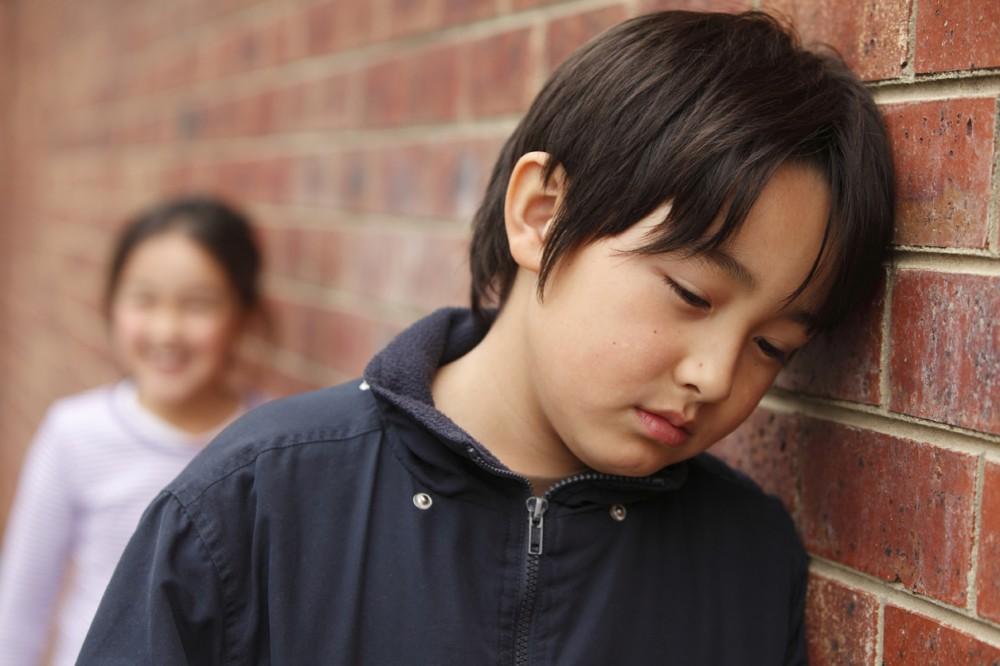
Prevent Bullying by Promoting Healthy Relationships
Teachers are critical in socializing children and shaping their relationships through moment-to-moment interactions with their students. Through 20 years of research, we have come to understand bullying as a relationship problem in which an individual uses power and aggression to control and distress another. Our work in the Promoting Relationships and Eliminating Violence Network (PREVNet) is based on this research. (Please visit prevnet.ca for resources for teachers, parents and students.)
If bullying is a relationship problem, then it requires relationship solutions. Family, peer, and school relationships affect all aspects of children’s development – intellectual, social, emotional, physical, behavioural, and moral. When relationships are positive, children develop positive social skills, understanding, and confidence. When these relationships are destructive, as in bullying, children’s social-emotional development is compromised (Vaillancourt et al., 2011). Children’s healthy development depends on healthy relationships.
We can expect that children who have developed unhealthy relationship patterns, such as bullying, have experienced relationships that may have failed to support them in developing the essential skills, understanding, and behaviours for positive relationships. Some children who bully lack emotional and behavioural regulation and are generally aggressive, whereas others are quite socially skilled and popular, but have learned that bullying is a way to gain status in the peer group (Feris & Felmlee, 2011). Both types of children need to learn how and why to relate to others pro-socially, rather than aggressively. In other words, we should think about bullying primarily as an educational challenge rather than as a matter of crime and punishment.
Relationship solutions for teachers working with students who bully include:
- Establishing consequences that teach how others feel when bullied and how to act differently next time (educational or formative consequences). Students can be engaged in discussing together ways to reduce negative behaviour;
- Providing opportunities to experience positive leadership in which they are helping others, so they recognize the value and reinforcement that comes from helping, not hurting;
- Strengthening their strategies to resist peer pressure. These youth are the most susceptible to pressure from peers to engage in deviant behaviours and;
- Helping them find their moral compass. Youth who bully are often morally disengaged and don’t care or recognize the harm they do to others.
Relationship solutions for teachers working with students who are victimized include:
- Making sure that students know they can and should report being bullied to adults, who will take steps to protect them;
- Protecting them from further peer abuse by careful structuring of classroom groups and activities; Supporting them in developing social skills and assertiveness if they struggle in these areas and;
- Helping them find strengths and domains of competence so that they can be recognized for these by peers and adults at home and school.
Everyone involved in children’s lives plays an important role in promoting healthy development. We believe that four strategies are essential to prevent bullying problems.
Self-awareness on the part of adults involved in the lives of children, which is essential to ensure they are modeling and interacting in ways that promote children’s healthy behaviours and relationships. Children must know that we will take active measures to prevent or respond to bullying, but equally we cannot bully children into stopping their own bullying. We must similarly be mindful of our relationship style with other adults to ensure there is no element of bullying.
Scaffolding or coaching – children need constant coaching and support from adults in learning the skills needed in a socially complex world. Explicit teaching of different social skills may be needed to help students change their behaviour.
Social architecture – adults need to play an active role in organizing children’s groupings to promote positive interactions and discourage negative interactions.
Systems change – children do not change unless the environments in which they are growing up change; therefore, it is necessary to sustain improvements in the quality of relationships within all the places where children live, learn, and play.
Preventing and addressing bullying problems is up to all of us! When we address this challenge in our moment-to-moment interactions and programming, we can help to create safe, secure, and equitable schools, families, and communities that activity foster healthy relationships and eliminate violence.
ETFO EQUITY WORKSHOPS 2012-2013
Understanding the roots of equity and discrimination is key to helping empower ourselves and our students. These three new workshops on ability, Islamophobia, and LGBT awareness for primary learners are available to ETFO locals.
ADDRESSING ISLAMOPHOBIA: A Discussion for Educators
Islamophobia is prejudice against Islam or Muslims. This workshop builds awareness relating to issues of Islamophobia and critically examines personal and professional biases. It also explores resources to meet the diverse needs of schools, represent a multiplicity of perspectives, and encourage members to take further actions relating to inclusion within their classrooms, schools, families and communities.
EVERYONE IS ABLE
This workshop introduces members to a new resource called Everyone is Able, which consists of a DVD and guidebook. The 30-minute DVD is a documentary style film that has been designed to use as an educational tool with both members and students. The workshop explores various ways to use this DVD as a professional development opportunity for staff to uncover their own assumptions/myths/ stereotypes, and increase sensitivity and awareness of issues around abilities/disabilities. The guidebook is a curriculum resource to use with students to help them develop an understanding and appreciation for the diversity in our schools.
LGBT AWARENESS IN PRIMARY CLASSROOMS
This workshop raises awareness that even our youngest students may confront issues of homophobia and heterosexism, in relation to their families and peers as well as to their own gender identities. The workshop is designed to assist educators to explore these issues and find the courage and understanding to include all children and families in our schools and the global community.